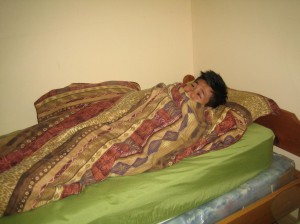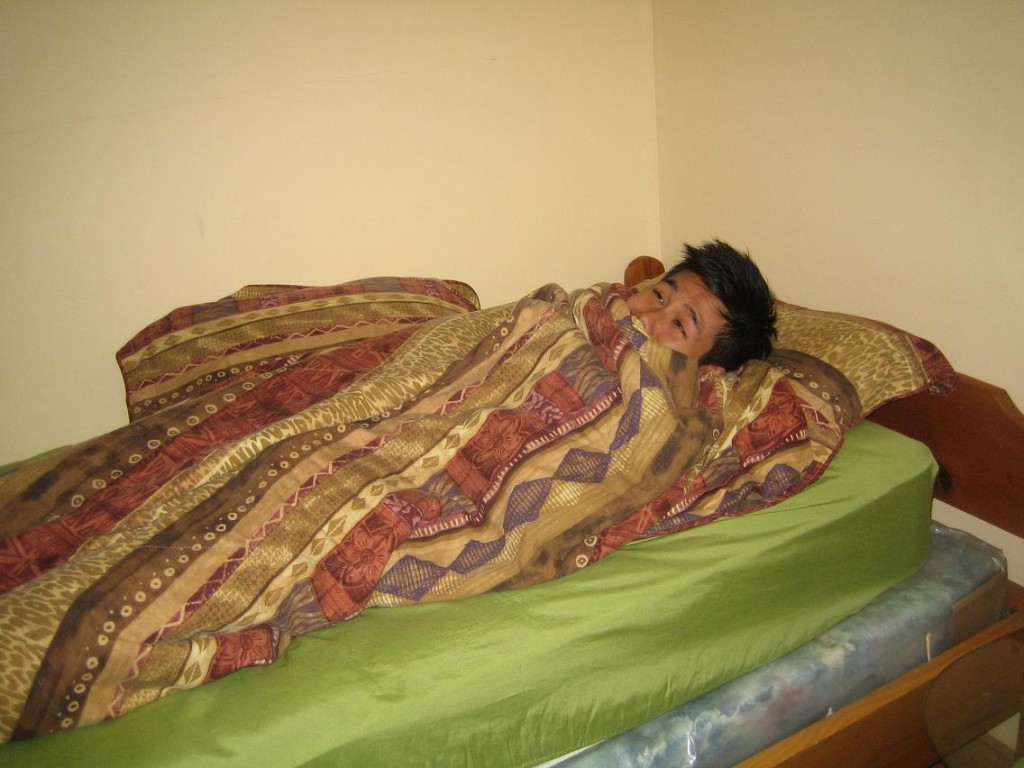The tonsils are lymph nodes situated in the back part of the throat and mouth with the chief function to screen out bacteria as well as prevent the development of infection. The tonsils that are not capable to fight off virus or bacteria will end up swollen and inflamed which is a condition called as acute tonsillitis. Any individual can end up with acute tonsillitis and it is quite common among children.
What are the possible causes?
Viruses are known to cause most cases of acute tonsillitis. The herpes simplex virus, cytomegalovirus, Epstein-Barr virus, measles virus and adenovirus are responsible for causing most cases of acute tonsillitis. Take note that bacteria are not likely to cause tonsillitis and most bacterial cases are triggered by the Streptococcus pyogenes. In some cases, a throat swab culture is carried out in order to find out the exact trigger of acute tonsillitis.

What are the signs and symptoms?
The typical signs and symptoms of acute tonsillitis to watch out for include the following:
- Moderate to high fever
- Sore throat
- Inflamed tonsils
- Difficulty swallowing
- Enlarged lymph nodes
When it comes to severe cases of tonsillitis, it can cause weakness and fatigue. The symptoms of acute tonsillitis that require immediate medical attention include extreme difficulty swallowing and difficulty breathing. Aside from these indications, the doctor might check if the tonsils are coated or have white spots on them.
Treatment
Acute tonsillitis caused by bacteria is managed with an antibiotic including penicillin. The tonsillitis caused by a viral infection can be managed with active self-care measures such as the following:
- Getting enough rest
- Increased fluid intake
- Gargling with salt water
- Throat lozenges and over-the-counter pain medications
In rare circumstances, acute tonsillitis that does not respond to treatment or becomes recurrent might require surgical removal of the tonsils through a procedure called tonsillectomy.
Diagnosis and prevention
Acute tonsillitis generally improves 2-3 days after treatment was started. Antibiotics are prescribed for the treatment of tonsillitis due to bacteria. The complete course should be completed even after the symptoms have subsided. Children with symptoms of acute tonsillitis must stay at home until the symptoms clear. This reduces the risk of spreading the disease to others.
An effective tool in the prevention of tonsillitis is proper hygiene. Just like any virus or bacteria, those that cause acute tonsillitis are highly contagious. Regular hand washing must be observed and avoid sharing food or beverages to help lessen the risk of acquiring tonsillitis.
What are the possible complications?
Even though rare, the possibility of complications due to acute tonsillitis can occur. The possible complications linked with this condition include dehydration, blocked airway, kidney failure, rheumatic fever and throat abscess. These complications need immediate medical care. A doctor should be consulted if the symptoms of acute tonsillitis start to worsen or persist longer than 48 hours.

